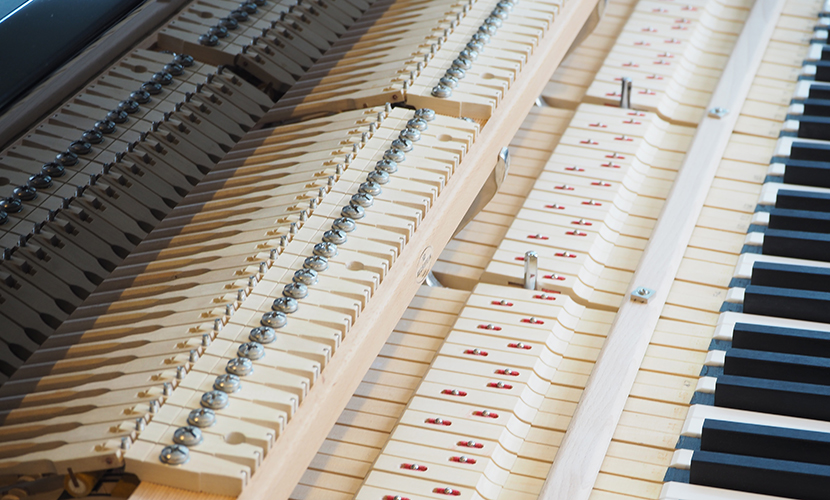What Kind of Piano Should I Buy in Melbourne?

NEVER BUY THESE:
-
100-year-old pianos: We have extensive experience tuning and repairing these pianos, but they are merely playable. If you own one, we can help, but purchasing one is not advisable.
-
Brand new German pianos made in China: Often, these are simply brands owned by Chinese companies for profit-making, not genuine German quality.
-
Secondhand pianos that are not well-regulated: While second-hand pianos can be good, don't just hire a tuner. Ensure you hire a piano technician to regulate it after tuning.
Why Second Hand?
When you buy something brand new, you expect it to be in the best condition, both externally and internally. However, this is not always the case with pianos.
Pianos that are 3-10 years old are often in the best condition. If you've ever changed a string on a string instrument like a guitar or violin, you'll know that new strings differ from the rest. They take time to stabilize.
This is also true for piano strings and other parts. In the first ten years, a good piano should be tuned at LEAST three times to be playable. This period allows the piano parts to stabilize.
Moreover, 3-10 years is not too old for the piano's soundboard. Unlike a violin, where an older soundboard may be better, a piano's soundboard deteriorates over time. From a professional standpoint, you should never rebuild a good piano unless you plan to change the soundboard. Rebuilding is often just a way to make money.
The only thing you might need to worry about with a used piano is the regulation and voicing.
AVOID second hand pianos from the bulk sellers.
They know more about the market, which means, they know no one would care about regulation and voicing of a secondhand piano.
They will make it as shiny as possible outside. But sometimes with lots of the parts even unfixable inside.
Even for myself, it is hard to tell the difference on the first glance. It looks too good to tell the truth.
Ensure Proper Regulation for the Pre-Owned Piano
There is a BIG misunderstanding of piano servicing.
When you buy a used car, you should do a RWC test, which is the road worthy certificate test.
Piano is the same.
Tuning is the most obvious step known by the public. But regulation is as important as tuning, especially when you buy the used one.
In my article Tuning is Just the First Step, I discussed the entire checklist of regulation.
A piano is made of wood to last long and respond quickly. However, wood changes over time even if you don't play it. Almost any piano can be improved with a proper regulation.
Just use the example of key depth.
I used to serviced a piano with the key depth systematically 1mm higher than the standard, which cause a lot of the problems in the rest of the action.
In another case, the piano tended to have sticky key. I can see the previous "tuner" didn't do it properly, he just raised the left pedal to make the striking distance smaller so that the jack will not be blocked.
Voicing.
Simply put...
For a second hand piano, this is the best ROI (return on investment) investment.
I cannot forget how happy me and my customer were when we see a 100 year's old piano after a 2 hours tuning and 30 minutes voicing sounding like a brand new grand piano.
It is amazing.